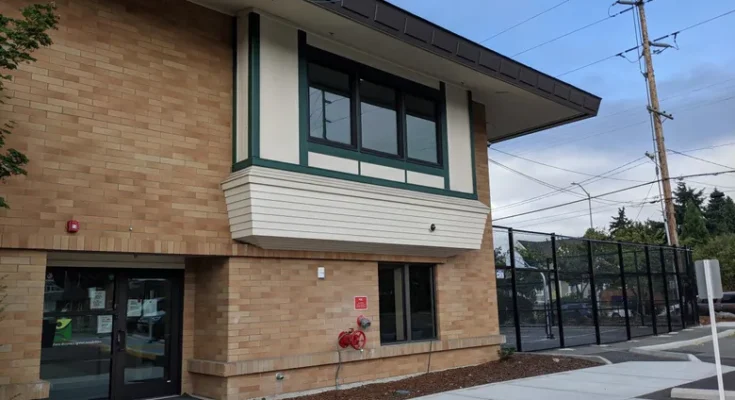Are you a parent or guardian searching for residential teen treatment options in Seattle? Making the decision to seek professional help for your teenager can be daunting, but it is also a crucial step towards their well-being and future success. In this blog post, we will explore the factors to consider when choosing a residential teen treatment program, the importance of parental involvement in the process, challenges faced during teen residential treatment, and inspiring success stories from teens who have emerged stronger after undergoing such programs. Let’s dive into how these programs are empowering youth in Seattle.
Factors to Consider When Choosing a Residential Teen Treatment Program
When selecting a residential teen treatment in Seattle, it’s essential to consider the program’s approach and philosophy. Look for a facility that aligns with your values and goals for your teenager’s recovery journey.
Evaluate the qualifications and experience of the staff members. A well-trained and compassionate team can make all the difference in providing effective care and support for your teen.
Consider the range of therapeutic services offered. From individual therapy to group counseling sessions, ensure that the program provides comprehensive mental health support tailored to your teen’s needs.
Assess the living environment at the facility. A safe, nurturing, and structured setting can contribute significantly to your teenager’s healing process while they are away from home.
Don’t forget to inquire about aftercare planning. A solid discharge plan is crucial for ensuring continued progress and support once your teen completes their residential treatment program.
Parental involvement and support in the treatment process
When it comes to Seattle residential treatment for teens, parental involvement and support play a crucial role in the overall success of the program. Parents are not just passive observers but active participants in their child’s journey towards healing and growth.
By being actively involved, parents can better understand their teenager’s challenges, progress, and needs throughout the treatment process. This understanding allows them to provide tailored support at home that complements the therapy received during residential treatment.
Regular communication between parents and the treatment team is key to ensuring a unified approach towards supporting the teen’s well-being. This open dialogue helps address any concerns or adjustments needed along the way.
Parental support doesn’t end when the teen completes their residential treatment program; it continues as they transition back home. By maintaining consistent involvement and implementing strategies learned during treatment, parents can help create a supportive environment for their teenager’s ongoing recovery journey.




